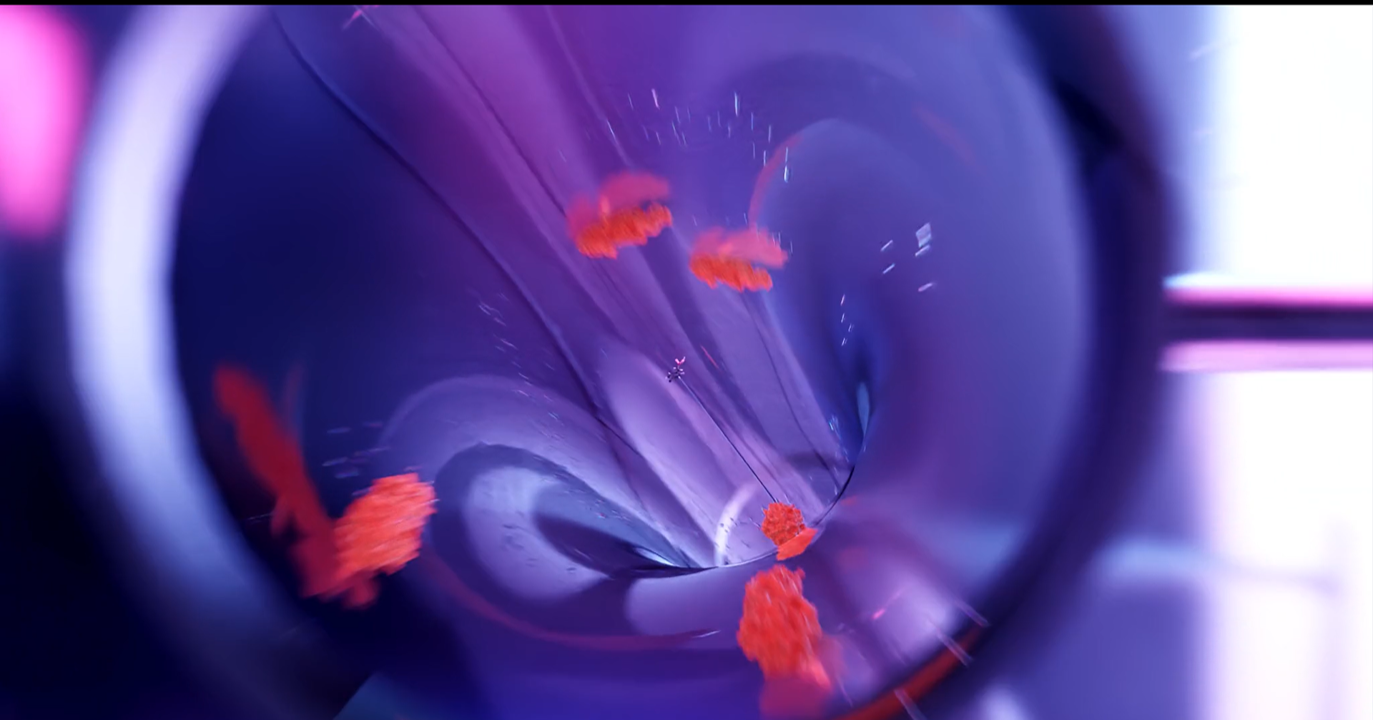

NMR Analysis for Food
NMR can detect and quantify key ingredients, contaminants, and adulterants in food products, making it an essential tool for food quality control .
For the food industry and regulators, it is vital to be able to verify the authenticity of foods.
Nuclear Magnetic Resonance (NMR) spectroscopy is a powerful analytical technique that is more and more being used in the food industry to ensure the authenticity of food products.
NMR spectroscopy has also been used to tackle honey fraud.
The benefit of using NMR for food authenticity is that it identifies all the components present in the honey, rather than just trying to identify whether an unnatural additive is present.
How Estonia ensures a fair honey market through NMR testing
Estonia is committed to maintaining a fair and transparent honey market. By implementing advanced Nuclear Magnetic Resonance (NMR) testing, the country ensures the authenticity and quality of honey products. This cutting-edge technology helps detect adulteration and verify the origin of honey, protecting both consumers and honest producers. Discover how Estonia’s dedication to integrity and innovation is setting a new standard in the honey industry.
Here you learn about some experiences from the market players in Estonia.
How NMR spectroscopy has helped Selver to ensure the honey on their shelves is pure?
Interview with Sigrid Hampartsoumian, Commercial Manager at Selver AS
How has nuclear magnetic resonance (NMR) spectroscopy helped major Estonian retail chain, Selver, to ensure all the honeys on its shelves are the high quality, pure, unadulterated product that consumers expect?
Sigrid Hampartsoumian, Commercial Manager at Järve Selver, highlights the significant benefits of NMR testing to guarantee the purity and authenticity of all its honey products and to help tackle the global challenge of honey fraud.
How can NMR support beekeepers and their brands?
Interview with Peeter Matson
Buzzing Business: The State of Beekeeping in Estonia’s Cleared Market
Estonian beekeeper, Peeter Matson from Nordmel OÜ, discusses the global issue of honey adulteration and its impact on the honey industry in Estonia. He outlines how authentic honey production is being jeopardized by adulterated honey, through adding cheap sugar syrups, undercutting prices and creating year-round availability. Matson hopes that the Estonian government’s adoption of nuclear magnetic resonance (NMR) as the official testing method will help to ensure honey authenticity, maintain fair prices, and protect beekeepers.
How NMR testing has helped the Estonian beekeepers to clear the market
Interview with Taavi Tull
Buzzing Business: The State of Beekeeping in Estonia’s Cleared Market
Honey adulteration is a major issue around the world. To tackle the issue, Estonia has implemented nuclear magnetic resonance (NMR) spectroscopy as its official testing method for honey.
Taavi Tull, head commercial beekeeper at Kumalane OÜ, discusses the challenges that Estonia faces in exporting honey products and how NMR, together with an extensive honey sample reference library, has helped clear the Estonian market of adulterated honey products.
How Podolski Honey Farms make sure their honey is as pure as it comes directly form the bees
About Podolsky Honey Farms
Podolski Honey Farms was founded in 1954 by Ed & Roxanne Podolski in Ethelbert, Manitoba.
Podolski Honey Farms is now in its 3rd generation. What has remained constant is the Podolski passion for producing the highest quality and sweetest tasting genuine honey which is among the finest in the world. To make sure it stays like this they fight against the fake products coming onto the market from other countries and destroy the prices for producers that still produce real honey.
Robert Podolski explains which devastating effects the honey fraud has on the market and on their business.
How Kejriwal Bee Care India Ltd. Utilizes NMR to Guarantee the Authenticity of Honey
Learn more about how one of the biggest players in Honey export in India ensures the quality of this distinct food product using NMR.
About Kejriwal Bee Care India Ltd.
Established in the year 1967, the Kejriwal Group has been an excellent source of a wide diversity of food products from India for nearly 45 years – from Fruit Pulps, Spices, Tea, and Rice etc. to of course Honey.
At the core of this well-established credibility is Kejriwal Group’s track record of quality, which by itself has become a stamp of reliability in the overseas market.
Starting in 1996 with honey, Kejriwal is the pioneer of honey exports from India to the EU, USA and the Middle East.
Kejriwal Honey has continuously strived to adhere to stringent norms in its production process to let its customers avail of the ultimate benefits of honey in its purest form therefore they also use NMR to test their honey to make sure it is pure.